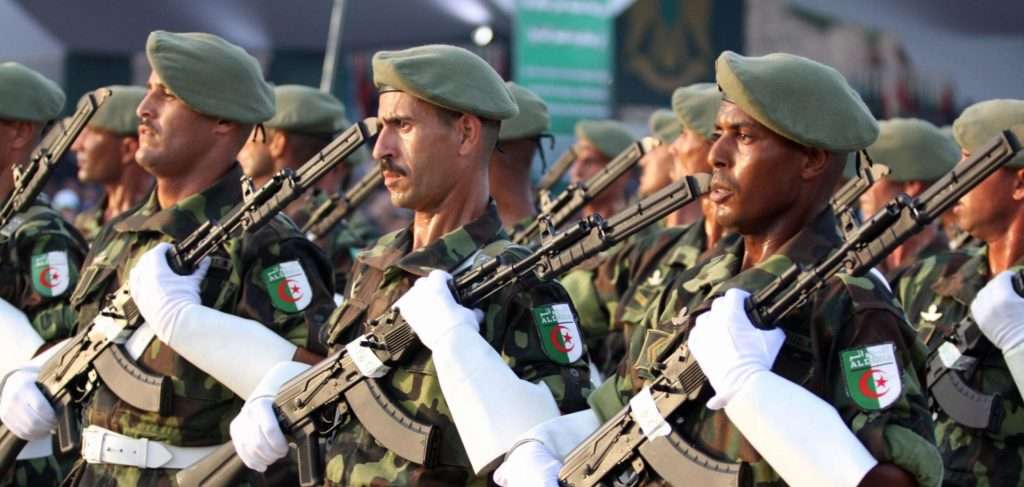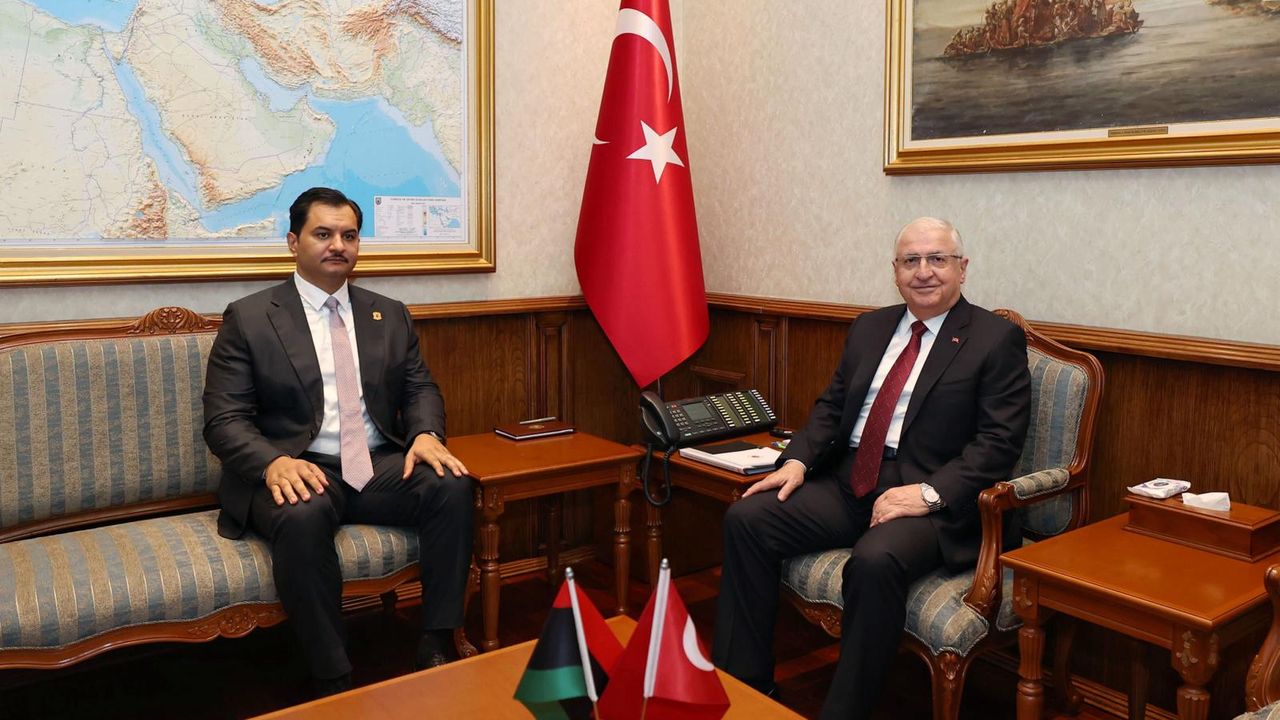New law strengthens military’s influence in Algeria’s government

Abdelmadjid Tebboune continues to consolidate the military’s influence in Algeria’s government through a new decree allowing active and retired military personnel to hold high-level positions in the civilian administration, reported Arab Weekly and agencies on July 16th.
Colonels and senior officers can now occupy strategic positions within sensitive government sectors as a result of the new decree signed by Tebboune, Algeria’s President and Defence Minister.
Political analysts have received the new measure as a major shift in Algeria’s public administration. The decree allows active and contract military personnel to work in civilian public administration, with those applying having to detail “the nature and sensitivity level of the job, its classification and the required military and/or security qualifications” for the position they seek.
The Defence Ministry still controls delegated military personnel regarding promotions, medals, and training. Those who decide to work in civilian administrations also receive financial privileges and services for their work.
READ: Algeria: Tebboune seeks second term as elections approach
Other perks include receiving short-term training funded by the Defence Ministry, subject to approval from the host administration.
The detachment period “is set at one year” but can be renewed for a maximum of three years; any extensions beyond this period require the minister of national defence’s approval. Any senior officers seeking to be assigned to strategic and sensitive functions will need to gain permission from the President.
With the military’s influence encroaching into areas traditionally under civilian control, observers fear the growing trend towards the militarisation of the Algerian state. Political analysts see Tebboune’s latest actions as an attempt to introduce the discipline and advantages of military training into a civil service rife with laxity and corruption.
With Algeria set to hold its presidential election on September 7th, many are concerned about the balance of power between the military and civilian institutions and the consequences of Tebboune’s latest decree will have on the North African nation’s democracy.
The Arab Weekly and agencies
Want to chase the pulse of North Africa?
Subscribe to receive our FREE weekly PDF magazine













